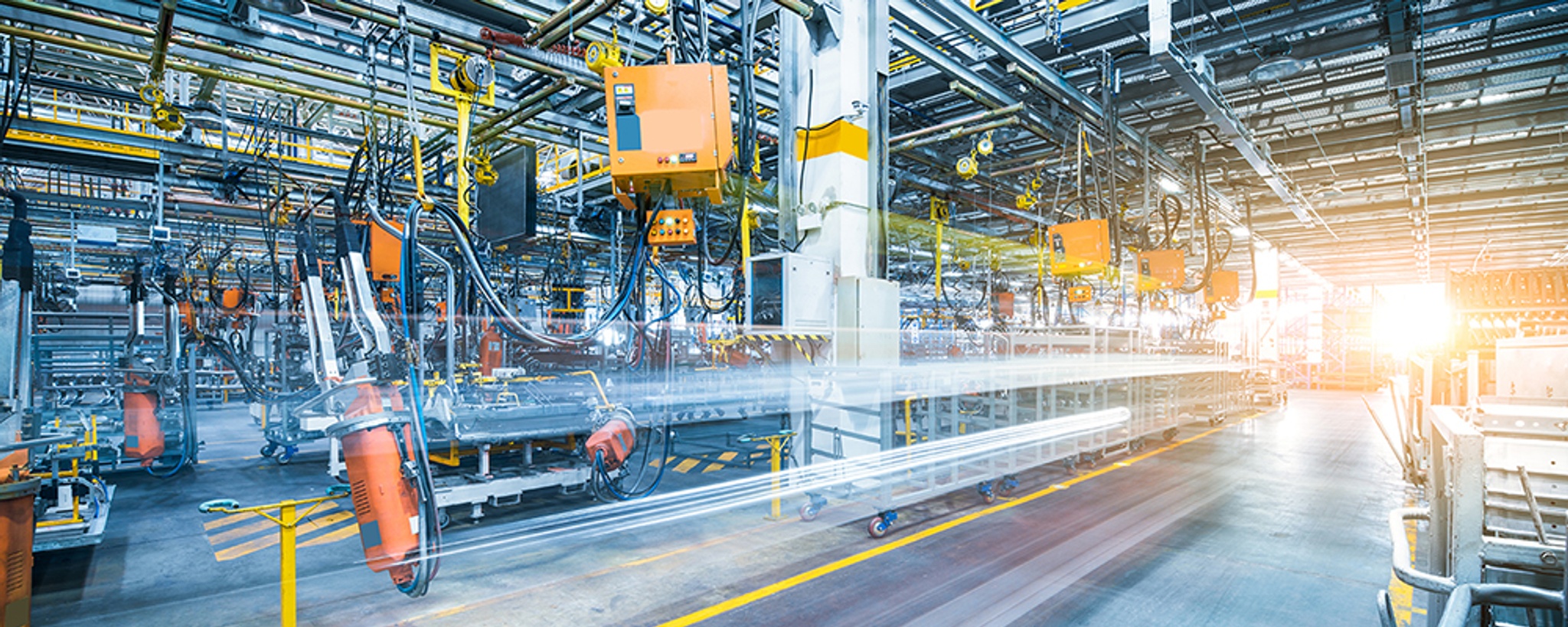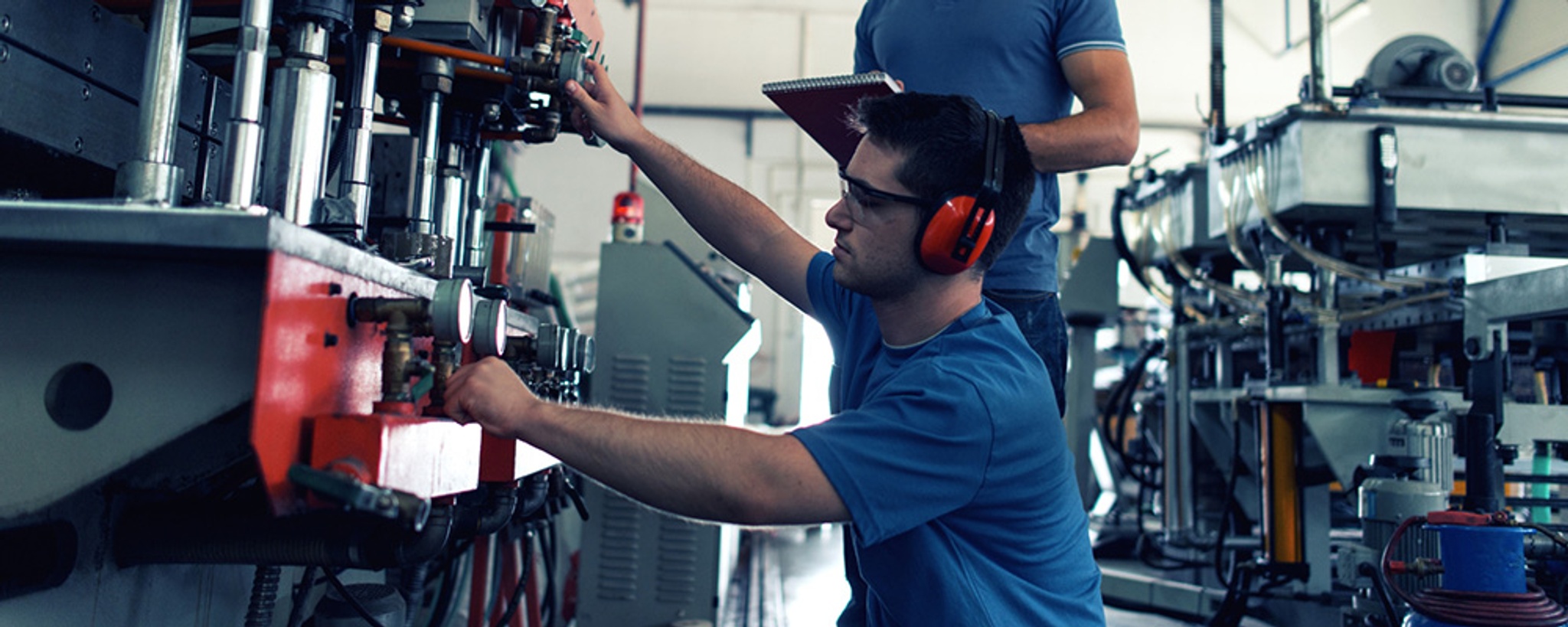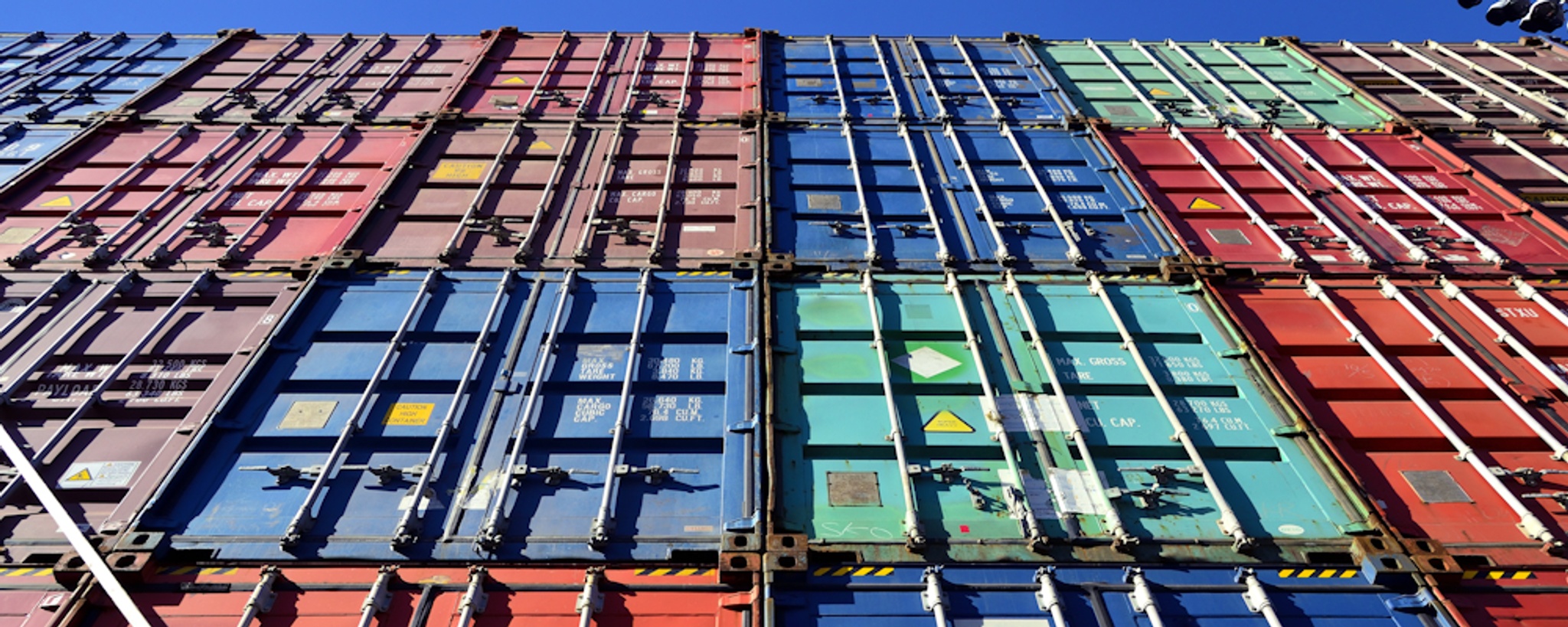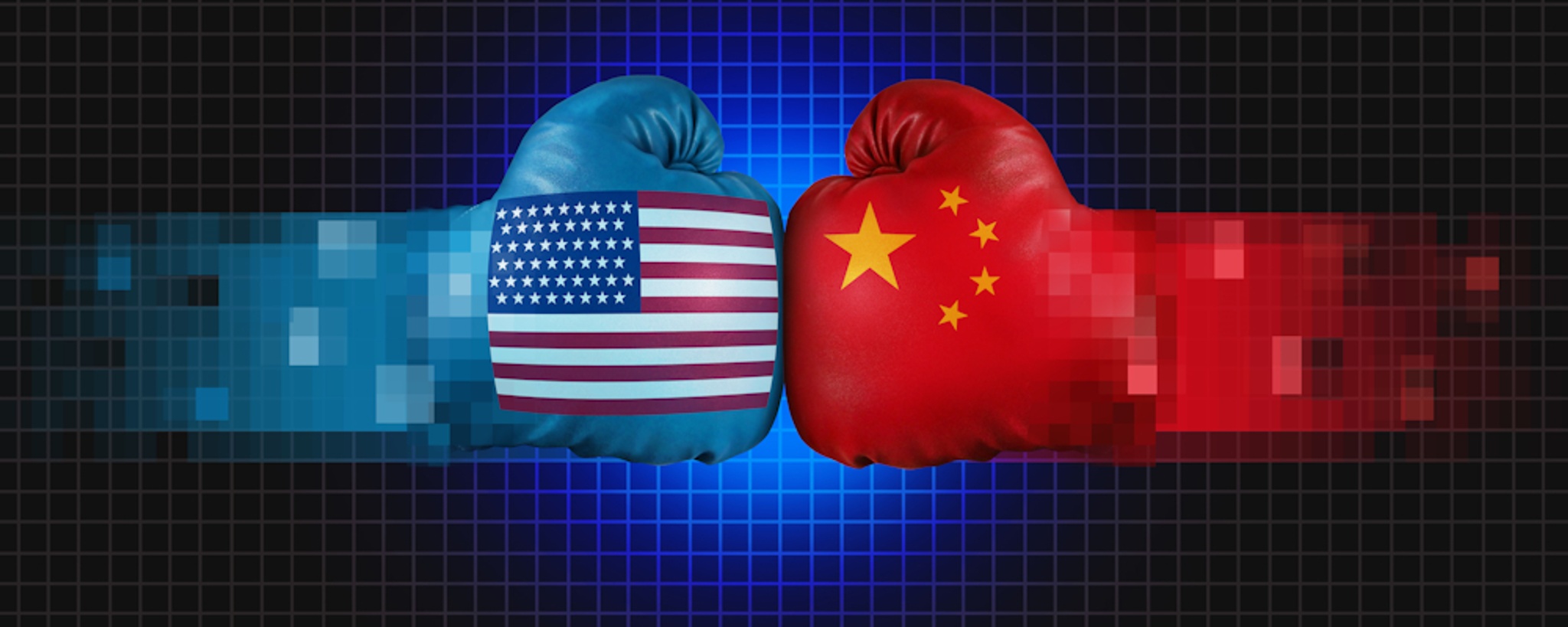Hamilton Center on Industrial Strategy
ITIF’s Hamilton Center promotes a practical approach to competitiveness policy that enables U.S. technology leadership in global markets. The Hamiltonian agenda entails more than just increasing economic inputs and factor conditions that are broadly conducive to innovation and growth. Policies must directly enable firms in America to lead in advanced technologies and industries that are strategically important for economic and national security... (More.)
- Stay up to date by signing up for ITIF’s weekly email and checking the box to get information about “Competitiveness.”
Featured Publications
China Is Rapidly Becoming a Leading Innovator in Advanced Industries

There may be no more important question for the West’s competitive position in advanced industries than whether China is becoming a rival innovator. While the evidence suggests it hasn’t yet taken the overall lead, it has pulled ahead in certain areas, and in many others Chinese firms will likely equal or surpass Western firms within a decade or so.
The Hamilton Index, 2023: China Is Running Away With Strategic Industries

China now dominates the strategically important industries in ITIF’s Hamilton Index, producing more than any other nation in absolute terms and more than all but a few others in relative terms. Its gains are coming at the expense of the United States and other G7 and OECD economies, and time is running short for policymakers to mount an industrial comeback.
Events
September 18, 2024
Can China Innovate in Advanced Industries?
Please join the Information Technology and Innovation Foundation for an expert briefing event to discuss the findings of a 20-month ITIF investigation into Chinese firms’ innovative capabilities in key advanced industries, including robotics, chemicals, nuclear power, electric vehicles, semiconductors, AI, quantum computing, and biotechnology.
October 24, 2023
Securing Our Future: A Framework for Critical Technology Assessment
Please join ITIF, The Hamilton Project at Brookings, and the National Network for Critical Technology Assessment in a press release and showcase event launching the release of the report, Securing America’s Future: A Framework for Critical Technology Assessment.
April 27, 2023
Reviving America’s Hamiltonian Tradition to Win the Economic Competition With China
Please join ITIF for an all-day conference with leading experts and policymakers to explore why and how Washington can look to Hamiltonianism for guidance in how to win the techno-economic contest with China.
November 28, 2022
How Updating a Century-Old Trade Law Could Limit China’s Ability to Profit From Unfair Trade Practices
Watch ITIF's briefing event featuring Sen. Mark Warner (D-VA) and an expert panel of current and former U.S. trade officials who discussed how to limit China’s ability to profit from its predatory trade practices.
September 15, 2022
A New Frontier: Leveraging U.S. High-Performance Computing Leadership in an Exascale Era
Watch ITIF's event at the Dirksen Senate Office Building (SD-562) as it released a new report exploring the promise of HPC in the exascale era, examining some of the latest cutting-edge applications of HPC, and articulating steps policymakers should take to keep the United States at the leading-edge of this highly globally competitive, yet truly foundational information technology.

Vice President, Global Innovation Policy, and Director, Center for Life Sciences Innovation
Information Technology and Innovation Foundation
Read Bio
Ernest L. Arbuckle Professor of Business Administration
Harvard Business School
Read Bio


















